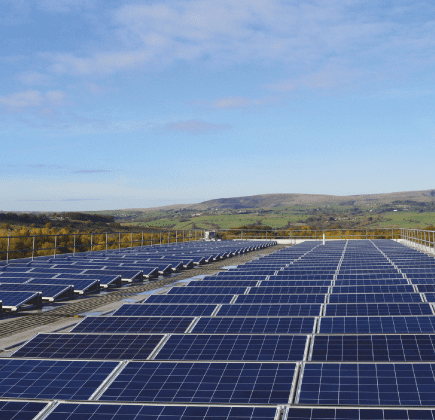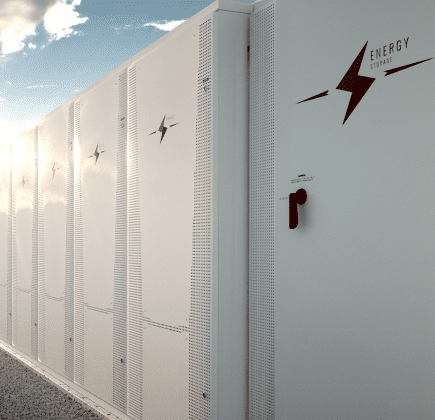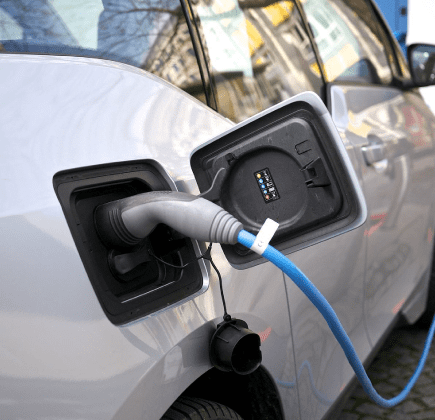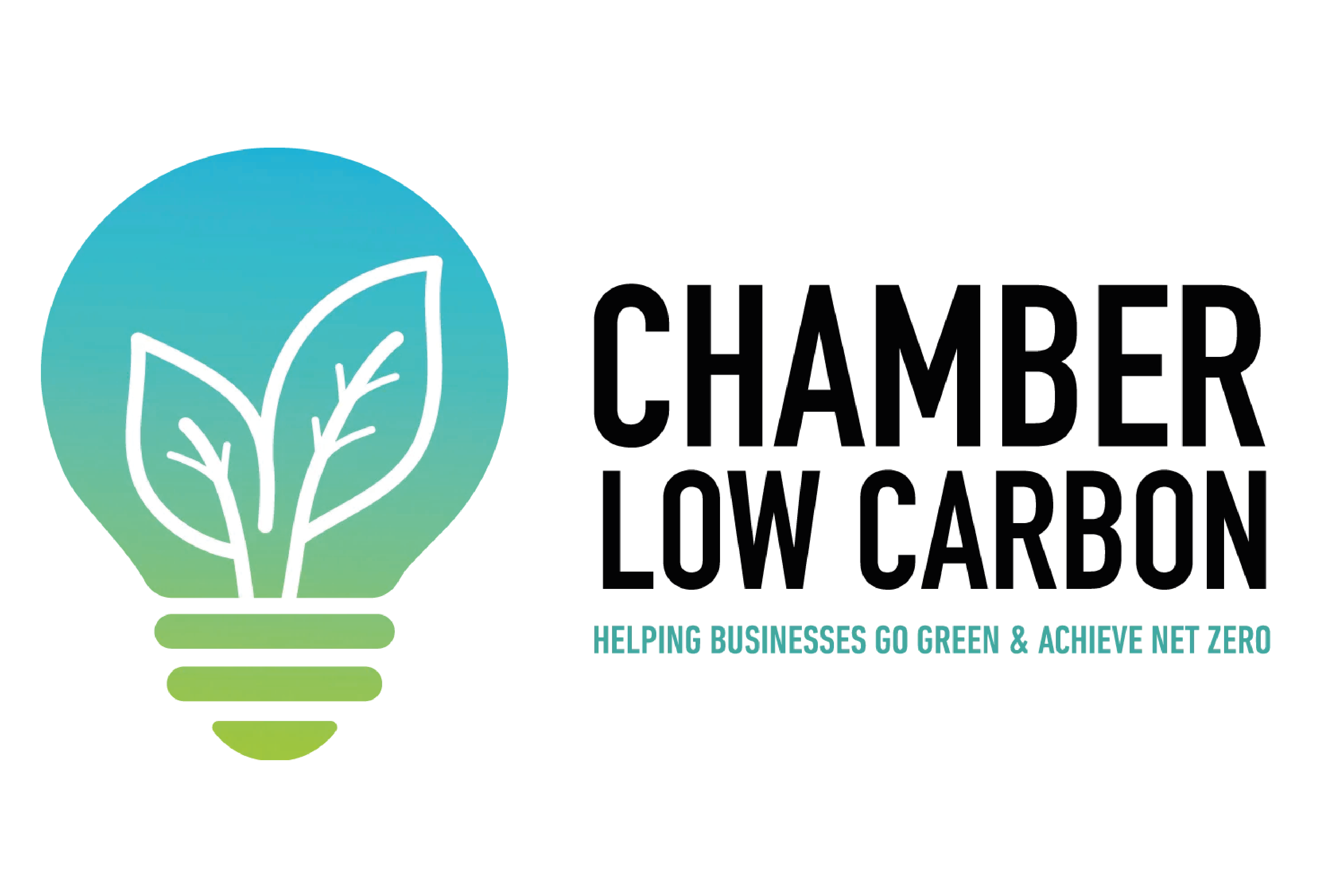
How the UK is progressing on its path to Net Zero – 2023 update
Net Zero has now been a major item on the government’s agenda for well over five years. In June 2019, the UK made a legally-binding commitment to making a 100% reduction of greenhouse gas emissions by 2050 (compared to 1990 levels). A range of measures are required for the nation to hit this target; the most obvious of which is a massive reduction in fossil fuels, and a corresponding increase in investment for renewables sources of power, like wind turbines and commercial solar panels.
It’s been a bit of a bumpy ride at times so far, but the question is: how is it all going now?
The UK’s Net Zero progress, in a nutshell
To put it simply: it’s not going well. In the Climate Change Committee’s 2023 report, its authors highlighted that the UK has now lost its leadership in climate issues. This is down to a variety of shortcomings, including:
- Continued use of fossil fuels like coal
- Slow progress in the uptake of heat pumps (one of the slowest in Europe)
- The government’s decision to back new oil and gas projects
There is some slightly encouraging progress in terms of the sales of electric cars, but the infrastructure is not yet where it needs to be. The oil and gas projects have proven particularly controversial, and hugely damaging to both the UK’s progress, and its standing as an international climate leader. The outgoing chair of the Climate Change Committee, Lord Deben, has described the issuance of new oil and gas permits as “unacceptable”.
After the COP26 conference in 2021, then-Prime Minister Boris Johnson committed to a 2030 deadline for the UK to cut its carbon emissions by 68% (from 1990 levels). In just the short time since then, we’ve already “slipped behind” says Lord Deben. “This is not a report that suggests satisfactory progress.”
Back in June, the outgoing chair also noted “a worrying hesitancy by ministers to pursue climate goals”. Unfortunately, just a few short months later, a new development would prove those comments depressingly prophetic.
The government’s U-turn on climate targets
In late September, Prime Minister Rishi Sunak announced a major government U-turn on climate targets. Amongst the most notable was the delay on the 2030 deadline for the sales ban on new petrol and diesel cars, as well as the phrasing out of gas boilers. Mr Sunak says he remains firmly committed to the UK’s climate obligations, but wants to take “a more pragmatic, proportionate and realistic approach” that he says will save families thousands of pounds.
But businesses and environmental groups have been quick to point out that these delays will almost certainly end up costing more in the long run, as well as further threatening the UK’s position as an international climate leader. Several have also pointed out that for all the Prime Minister’s insistence that he’s striking a middle ground in his approach to the UK’s climate targets, his announcements are lacking in crucial detail about how exactly he’s going to achieve them. (Detail that, to reiterate, the government is legally obligated to provide.)
The tone and timing of the announcement has prompted suspicions in some quarters that it’s not been made with any good-faith consideration to the UK’s green targets at all. Instead, some observers suspect it’s purely a political move to appeal to wavering voters – the Conservative party is very visibly struggling in polls, and a general election is looming ever-closer over the horizon. These suspicions are fuelled by rumours that the U-turn has been developed with the input of Tory campaign strategist Isaac Levido, partially with the intention of drawing diving lines within Labour. Technically the reports are unsubstantiated, but they certainly seem plausible in the wake of the disastrous Conservative by-election defeats in the key seats of Tamworth and Mid Bedfordshire.
What’s been the reaction?
The U-turn announcement has gone over about as well as you’d expect, especially with scientists and academics who have direct access to the data on climate change. Greenpeace says that the announcement demonstrates the UK is “not a serious player in the global race for green growth”, while Oxfam has described it as a “betrayal”. The executive director of Edinburgh Climate Change Institute was even more blunt in his assessment, saying that the move was “not pragmatic, it’s pathetic.”
The International Energy Agency was similarly dismayed by the announcement. In its earlier Annual World Energy Outlook, it noted that there were encouraging signs in the gathering pace of the worldwide transition to cleaner energy, and for the first time it was able to forecast that the demand for oil, gas and coal would peak before the end of the decade.
But that progress is delicate, and now the UK’s backtracking on climate targets could easily be a factor in derailing it. The director of the IEA, Dr Fatih Birol, told the Guardian that Mr Sunak’s change in trajectory would not directly affect the IEA’s global projects, but he took care to clarify that countries who rowed back on their climate promises would harm their own economies, as well as the planet.
It’s hardly a ringing endorsement for the government’s U-turn, and there could be headaches for Mr Sunak in the near future too, as environmental groups are planning to challenge the move in court. The key arguments are likely to hinge on the fact that the UK has a legal obligation to set out in detail how it will meet its 2050 target, including outlining clear carbon budgets for various sectors.
It’s also worth mentioning the slightly worrying fact that the CCC said the UK’s climate policies were already relatively weak to start with, with the UK missing targets on almost every front – so we definitely can’t afford to be pulling back further.
Ultimately, there’s no sugarcoating it – there’s not much encouraging news so far. However, polls have consistently shown that the majority of the public back the transition to Net Zero, though uncertainty starts to creep in when they feel the costs will be pushed onto consumers. That’s the issue that Mr Sunak claims to be addressing – but again, commentators have pointed out that his U-turn will end up costing consumers more in the long run.
Regardless of what the government is doing though, there’s no question that consumers still prefer businesses who can demonstrate a clear commitment to lowering their own climate footprint. And that’s exactly where solar panels can help.
If you’re thinking of installing some solar panels for your own business, or if you’ve got any questions, you can count on us to have all the answers you need – our experts at Low Carbon Energy have over 30 years of combined experience, having helped SMEs and large corporations across a wide variety of sectors transform their business’ energy supply.
Each of our installations is bespoke, tailoring your solution on your specific energy profile, helping us to maximise carbon reductions and saving you thousands in energy bills. Feel free to look at our case studies for just a few examples of businesses which have reaped huge rewards from solar, such as Boeing and Irish Water. To find out how we can help you, feel free to give us a call today on 01282 421 489!
 Energy Technology
Energy Technology

Powering your present. Preserving your future.
Call us on 01282 421 489

strategy be a priority?










